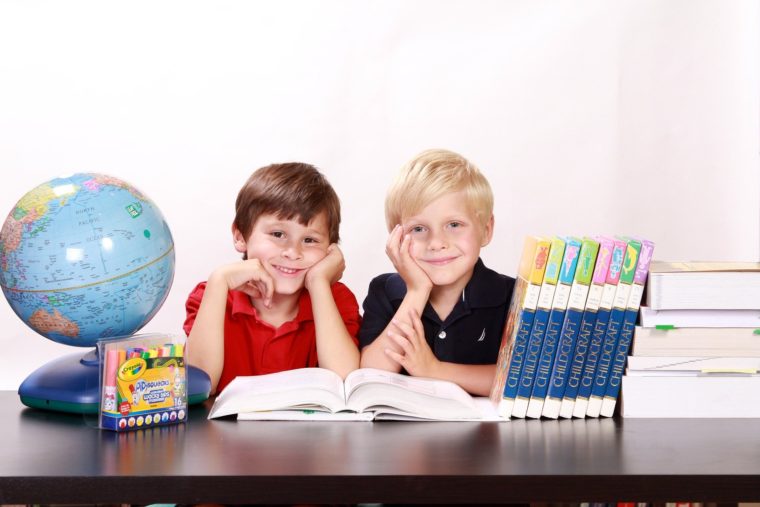Dyslexia is a learning disability that impacts the brain’s ability to read, write, spell, and organize information. It often goes undiagnosed until children are in elementary school or older because it affects reading fluency more frequently than comprehension.

However, dyslexia also impacts social skills in various ways depending on the child’s personality and severity of dyslexia.
It alters a child’s ability to make and maintain friendships by making communication more difficult, which can lead to feelings of isolation and loneliness.
It also makes it harder for them to pick up on emotions or body language that triggers empathy toward others. This leads them to come across as insensitive and unempathetic at times when they don’t mean any harm.
Their lack of understanding just comes from having dyslexic brain wiring that doesn’t process information like other children without dyslexia do.
As you can imagine all these factors together can cripple interactions with peers socially.
For dyslexic children, being able to build and maintain friendships is a constant challenge that requires more effort from both the dyslexic child as well as parents.
While dyslexia can make it hard for people of any age to socialize with others, there are some ways for parents to help dyslexic children develop better social skills.
Here are 5 effective strategies:
- If your child is having difficulty understanding social cues
- Watch one of your child’s favorite television shows with the volume off.
- Talk about the feelings of the characters based on their body language.
- Watch this brief video as an educational consultant explains how to use television to teach a child how to better understand emotions, behavior, and sarcasm.
- If your child is unable to understand jokes
- Find ways to expand their vocabulary and use word play in your conversation with him.
- You can describe new words you introduce to your child and give familiar examples, then ask him to say it in his own words.
- Also, have him act out the word and draw a visual depiction of the word.
- If he has trouble finding the right words
- Slow down the pace of your conversation.
- Give extra time for thinking and processing.
- If his trouble is with communication with friends and peers
- Explain how abbreviations work.
- Using examples, show how some are based on how the words are spelled (You’re welcome = yw) or how the letters sound (later = l8r).
- If he doesn’t remember things correctly
- Play games that strengthen memory.
- As you walk or drive down the street, have him recall the things you pass in the correct order.
Social skills are important for children of all ages, but they’re especially critical at school age when their peers can be cruel and judgmental.
Dyslexia often impacts social skills in different ways depending on the child’s personality and severity of dyslexia. But by following these simple steps you can help your children develop better social skills to make it easier to play and navigate social situations with others more confidently!

Thanks, Florence, for all your information on dyslexia. It helps me understand not only children but adults, too. They could be dyslexic, too.
Yes, Lily. There are many adults living with dyslexia. Quite a number of them do not even know they are dyslexic.